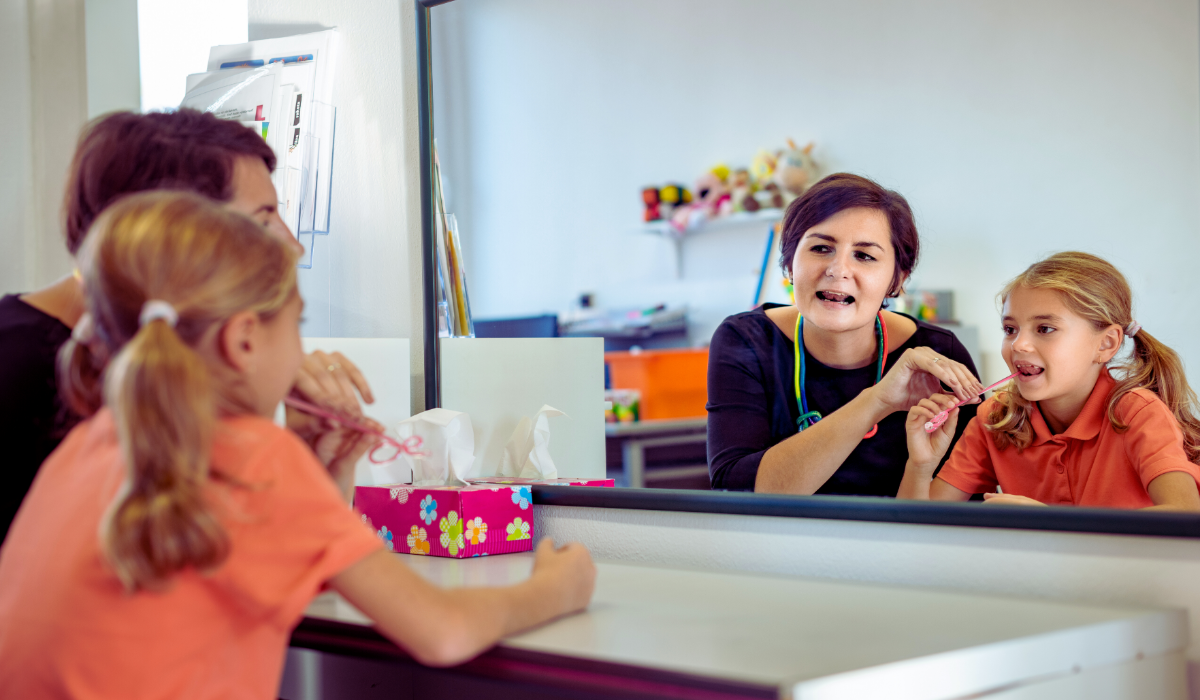There are many kinds of speech and language disorders that can affect children. There are four major areas in which impairments occur.
- Articulation speech impairments where the child produces sounds incorrectly (for example, difficulty articulating certain sounds, such as “l” or “r”)
- Fluency speech impairments where a child’s flow of speech is disrupted
- Voice speech impairments where the child’s voice has an abnormal quality to its pitch, resonance, or loudness
- Language language impairments where the child has problems expressing needs, ideas, or information, and/or in understanding what others say.
These areas are reflected in how “speech or language impairment” is defined in special education law. In Michigan, children with speech and language difficulties can qualify for special education supports and services under Speech and Language Impairment (SLI).
What do I need to know about the basics of speech and language?
A thorough evaluation will provide you with a starting point to find specifics for your child. Here are some places to start for understanding language development:
- What is Voice? What is Speech? What is Language?
- Speech and Language Impairments
- Speech and Language Developmental Milestones
What do I need to know about my child’s specific needs?
Here are some fact sheets on common types of speech and language disorders.
- Apraxia of Speech
- Stuttering
- Autism and Communication Be sure to also visit our web pages for more information: Autism and Autism- Newly Diagnosed
- Glossary
What if my child is very young? Will they just outgrow it?
Eligible children from birth to age three receive early intervention services. Check out our web pages for babies and toddlers:
- Help Your Child Develop and Learn
- Effectively Communicate Your Child’s Needs
- Help Your Child Transition to Preschool
- Know Your Rights
- Family Involvement
- Early Intervention Services
- Individualized Family Service Plan
What do I need to think about for my child’s IEP?
Communication skills are at the heart of the education experience. The types of supports and services provided can vary a great deal from student to student, just as speech-language impairments do. Special education and related services are planned and delivered based on each student’s individualized educational and developmental needs. Most, if not all, students with a speech or language impairment will need speech-language services. Speech-language therapy is a related service that is provided by a Speech-Language Pathologist, who helps the child develop his or her communication skills.
Is there some technology that can help my child?
Assistive technology is a related service listed in IDEA. Technology is a key to leveling the playing field for individuals with disabilities. Learn more on our Assistive Technology webpage.
If your child has difficulty speaking, you might consider an alternative/ augmentative communication device.


